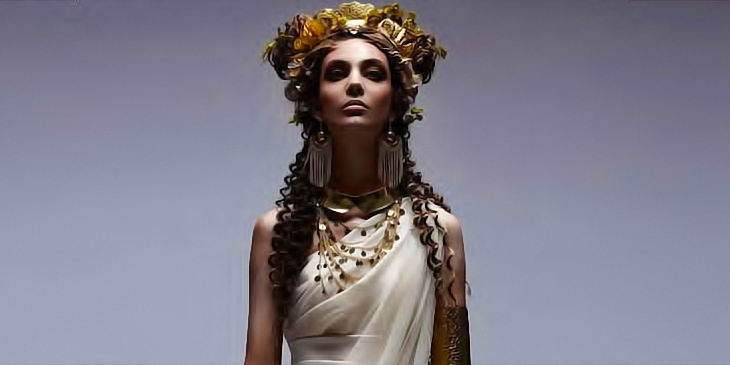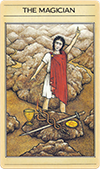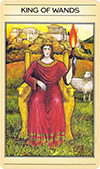What Can We Learn From Love in Ancient Greece?
If you ask any healer, spiritual leader or mystic about what is wrong with the world and humanity as a whole, their answer will always be… “not enough love in our hearts.” It is truly what makes the difference between having a life with meaning or one that regardless of who you are, how much you have or what you accomplish is decidedly empty if you are incapable of giving and receiving love.
So why is it so important? We are spiritual beings having a human experience and the energy of the God Spark that resides within all of us is the purest form of unconditional love that exists. It is what drives us to want to be held and touched when we are children and as adults, makes us reach out to others for companionship, desire a romantic partner that you can share special moments with and to have children who are an extension of that love. Is the definition of that love always good? No, not always but we are pushed to try. It is imprinted in our humanity and what we exist for in this experience we call life. The ancient Greeks figured that out and broke down how we experience love into seven types. For our soul to evolve, we must experience all of them.
What type of love are you experiencing in your life now? Love is a term that comes in a million shades. It has been a matter of many debates throughout the history. Ancient philosophers liked to examine and classify human emotions, especially the most intimate ones. Love, moves the world by influencing the development of civilization, art, wars and history. Inside every love rests an entire universe of various emotions and satisfying flashes. Here are the 7 types of love in Ancient Greece broken down into modest definitions.
7 types of love in Ancient Greece
- Philautia: The first experience of this love is based on the correct assumption that you have to love yourself in order to be capable of loving others, including animals and life itself. The negative side of this love is conceit, egotism and narcissism.
- Pragma: Pragma is love that often occurs in long-term relationships and marriages. This love is based on the greater good for both of the partners. The Ancient Greeks had a realistic attitude towards marriage, so for them it was an agreement between the two sides. Over time, partners would develop a more mature love, called – Pragmatic Love. This love came from the common feelings of solidarity and long-term commitment to a partner.
- Ludus: Ludus was the name of perky, silly love. It is actually seduction, flirting and playing. It can precede sex as sexual attraction is often interpreted as Ludus. Flirting with a stranger, we are pre-determining the extent of how far it will go. It is in our nature to play. Ludus cannot last unless it grows into other types of love.
- Eros: Eros in the time of ancient Greeks was often associated with love of older men towards adolescents and not only focused on homosexual relationships. In those days, it symbolized the prestige among the aristocracy, not a sin, wickedness or crime. Of course, our society and the law frowns upon that type of love which comes with jail time, being vilified and on a lifetime list as a sexual predator.
- Philia: Philia can be translated in today’s language as friendship or platonic love. Philia is shared between family members, close and distant relatives. Also, among comrades on the battlefield, people of similar affinities, opinions and attitudes. In simple terms, the meeting of two soulmates where sex did not come into play.
- Storge: The unconditional love that parents have for their children. The positive version is love that has no boundaries for what you would do for your child. The negative is an obsessive love that views your child as property and a new version of yourself.
- Agape: Agape is the highest degree of love. It is a unifying love for all people and beyond, to all living beings. This love spreads to our planet, the universe and general existence. The ancient Greeks associated this kind of love to the Gods, to love as God loves. It has remained in our language of today because of its strong spiritual meaning.
Psychic Susan Z’s Reading
Ask any intuitive counselor, psychic or medium and they will tell you that 98% of the information they share with those seeking answers is about love. Will he call, when will I meet someone, is my child still mad at me, will we marry, does he/she love me or will we get back together? Love! I think the definitions of what love is and the many forms it comes in as defined by the Greeks is spot on, as we experience most or all of them in every lifetime.






Comments are closed.